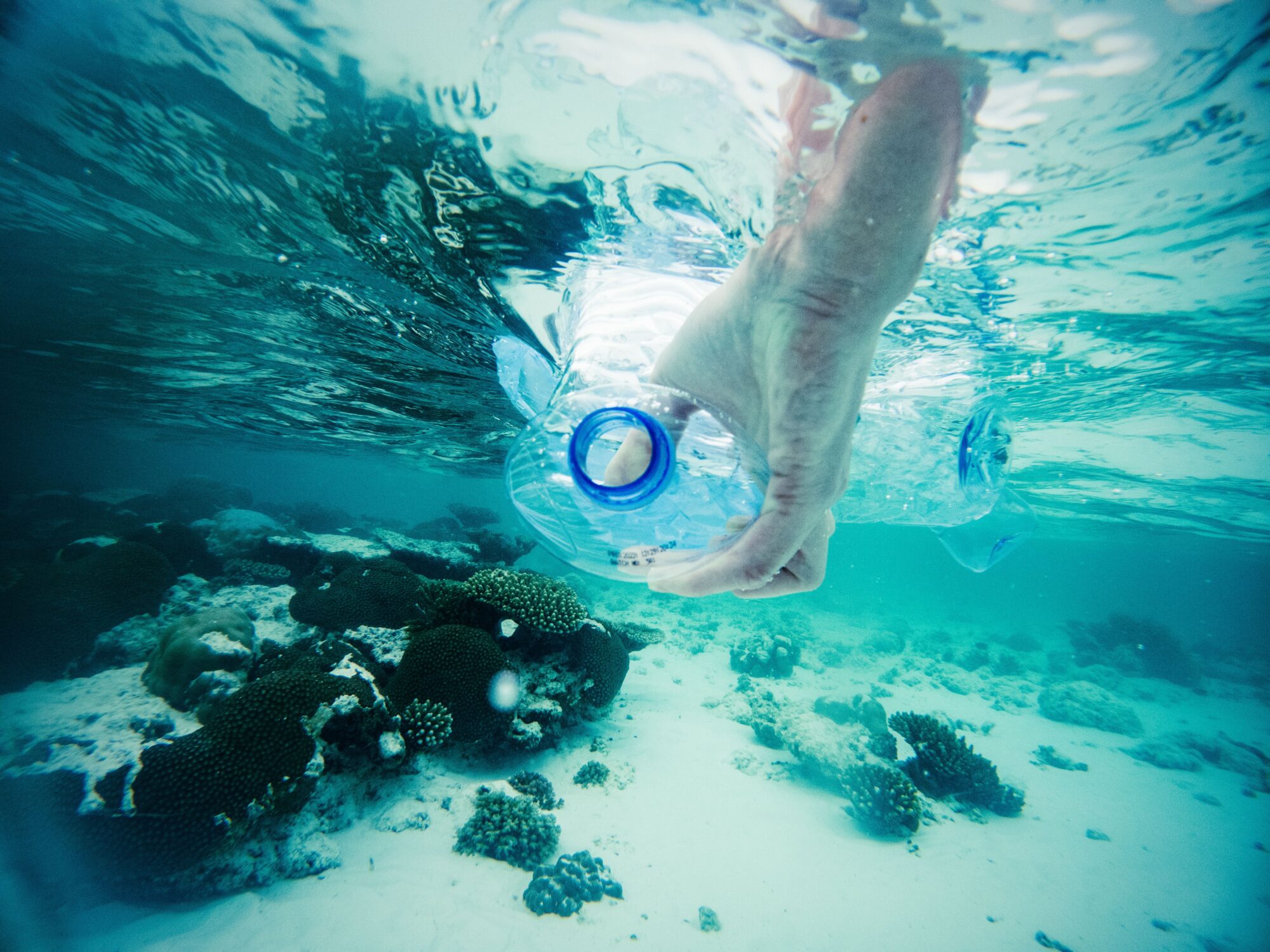Macro-plastics threaten Baltic Sea ecosystems: New Interreg project pioneer sustainable solutions
Macro-plastics pose a growing threat to Baltic Sea ecosystems. Every year, between 4 and 12 million tons of plastic end up in the ocean, and plastic consumption is in-creasing. Combating this global pollution problem requires inter-national action. Circular Ocean-bound Plastic (COP), a new Interreg project, is set to tackle the challenge by focusing on collection and recycling of plastics at the source with a transnational partnership.
According to The European Environment Agency, land-based sources account for 80% of marine litter, and approximately 85% of it is plastic. The land-based sources come among other from urban and rural activities like festivals, industry, tourism, and outdoor dining. The COP project aims to tackle the problem at the source by focusing its activities on coastal cities and collect the plastic before it enters the Baltic Sea.
“We face an urgent task in dealing with macro-plastics in our oceans, and it requires a concerted and international effort to find solutions that are sustainable and effective” says James Armour Senior Project Manager, Clean.
The longer plastic remains in the ocean, the more its recycling value decreases as saltwater and UV light break down the plastic.
“With support from Interreg, we can, together with our partners, take on the task and identify circular solutions for collected marine plastic. For the benefit of both the environment and the companies in the region” says James Armour, Clean.
Experienced and knowledgeable partners are collaborating across national borders to address the complex challenge
Clean – Denmark’s Water and Environmental Cluster will play a key role in project management by using its network of Danish environmental technology SMEs, with Ocean Plastic Forum and Plast Center Denmark contributing expertise and resources to tackle the problem.
The Sustainable Business Hub in Sweden will also involve their network of environmental companies in Sweden, while Polish partners Gdansk Sports Center, University of Gdansk and Gdansk Water Foundation will contribute with experienced knowledge about the Baltic Sea and plastic recycling.
In Germany, the Leibniz Institute for Baltic Sea Research and the University of Rostock will help the project create valuable knowledge about marine plastic and its utilization with their specialized knowledge in the field of oceans and coastal rivers and waste management.
About the project
The Circular Ocean-bound Plastic (COP) project has received about €2.02 million in funding from Interreg South Baltic and has a total value of €2.5 million. The project will run until September 2026. The European Commission has recognized the project as strategically important for Interreg South Baltic and will monitor the project.
The overall aim of the project is to identify challenges and opportunities for the collection, reuse and recycling of ocean-bound plastic waste by involving SMEs, knowledge institutions and stakeholders from the Interreg region.
Clean – Denmark’s Water and Environmental Cluster is lead partner in cooperation with Ocean Plastic Forum, Plast Center Denmark, Sustainable Business Hub, Leibniz Institute for Baltic Sea Research, University of Rostock, University of Gdansk, Gdansk Water Foundation and Gdansk Sports Center.
For more information about the COP project, visit http://circularoceanplastic.eu/.
Contact
Ida Holmgaard, Communication Manager
+45 22 98 10 75 | ih@oceanplasticforum.dk
James Armour, Senior Project Manager
+45 71 64 81 87 | jaa@cleancluster.dk

